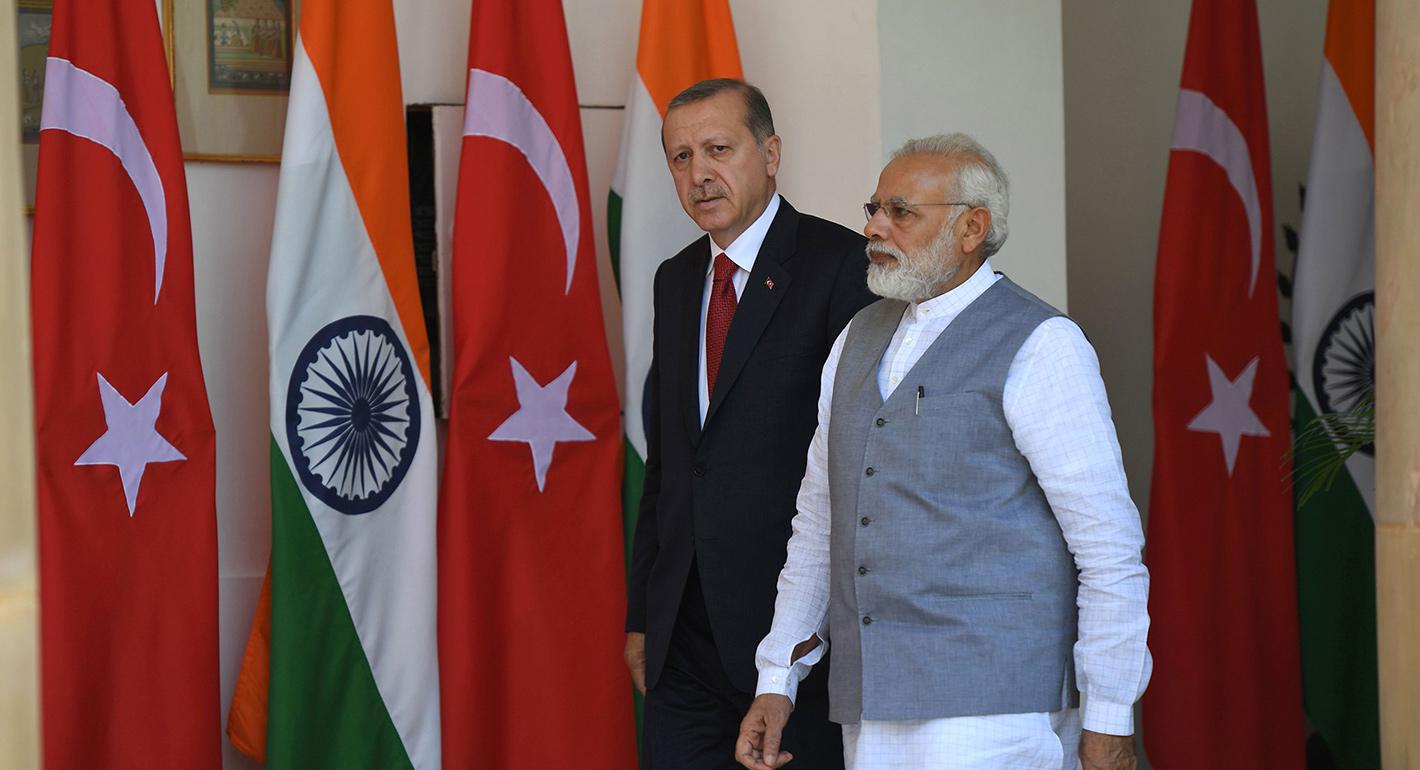Self-imposed restrictions and legal action have prevented the German authorities from giving their nod to fresh arms sales to the state of Israel, a report by Reuters reveals. The decision arises out of legal concerns suggesting that exports of such devices may contravene the humanitarian law. A knowledgeable informant of the Ministry of Economy agreed that the approval process of the arms export licenses has been suspended as those legal and political questions are being sorted out.
The German government, however, stood united in denying the existence of a formal arms export ban to any country. In her part, German government spokesman Steffen Hebestreit was quick to point out, “ There is, therefore, no German arms export boycott against Israel. ”
The German government okayed arms exports to Israel at a value of 326.5 last year($363. 5 million). However, export approvals have sharply declined in 2024, with only 14.5 million euros worth of exports granted between January and August. Of this, a mere 32,449 euros accounted for the “weapons of war” category. Yet export approvals exist, but they disappeared in 2024 with only 14.5m euros in export credits provided in January- August of the year. Of this, a measly 32,449 euros went to what the administration loves to label the ‘weapons of war’. (More.)
The hold on arms exports is coming at a time when Germany is facing two cases, one at the International Court of Justice and the other in Berlin, which the European Center has filed for Constitutional and Human Rights. The cases state that the frequent supply of arms to Israel is likely to contravene the principles of international humanitarian law, considering the persistent Israel-Hamas conflict.
The German government has supported this stand by saying that no new exports of weapons to any country have been authorised since October 7, the time the Hamas militants attacked Israel, but only spare parts for machinery that had already been sold earlier.
Germany is no exception in contesting such legal challenges that are present in other countries. Many other European countries like the United Kingdom and the Netherlands have either downscaled or suspended their arms sales to Israel due to concerns of breach of international humanitarian law.
The continuing campaign by Israel against Gaza since the October 7 Hamas raids has resulted in considerable casualties. As per Gaza’s Ministry of Health, more than 41000 Palestinians have been killed and most of the people in the region rendered homeless. The conflict has also created an allegation of genocide in the World Court, which is a claim that Israelis have denied.
One other controversy concerning Germany has been the exportation of arms, which has raised conflicts within the country’s government. Scholz’s office has remained friendly towards Israel, which receives SPD support. Still, the green foreign and economy ministries are increasingly critical of Netanyahu’s governments, mainly due to internal party pressures over humanitarian issues.
Other friends of Israel have also done the same thing similarly. The United Kingdom has, in the recent past, put as much as 30 among 350 licenses that allow the exportation of arms to Israel on hold for breaching humanitarian law. In January this year, a Dutch court stopped the export of F-35 fighter jet parts to Israel because of using it in the Gaza Strip.
Earlier this year, the U. S., under Biden’s administration, halted the delivery of some specific bombs to Israel. During the delivery of other precise weapon systems, they claimed the U. S. recognised Israel’s right to defend itself.
However, Alexander Schwarz, a lawyer at the ECCHR, informed us that the decrease in the number of German export approvals could be attributed to a future policy shift due to short-term hesitation.















